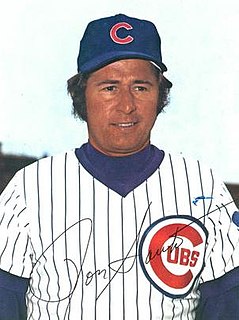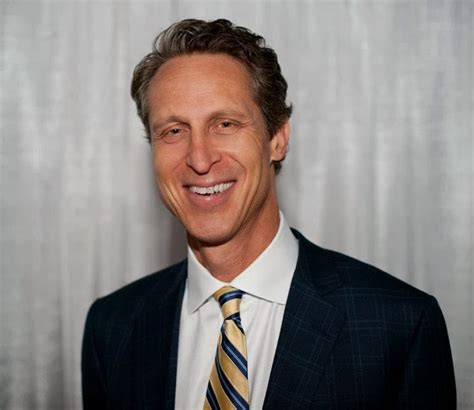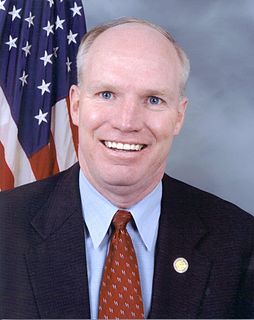A Quote by Shirley MacLaine
You know when you eat too many sweets and get diabetes? Paparazzi are the diabetes of materialistic culture.
Related Quotes
We have equated a cancer diagnosis to 'death,' but we look at diabetes as 'something that you get when you get older.' But look at diabetes - it's the leading cause of limb amputation, heart disease, kidney failure. Many people don't equate diabetes with these other destructive things. I didn't equate it to those until I started reading about it.
Balanced, sensible nutrition: eat food, not too much, mostly plants, a healthy diet ala Michael Pollan, modern physical activity on a daily basis, modest weight loss - translated into a 58% reduction in the occurrence of diabetes. A clear indication of the power of lifestyle over health. The challenge now is the development of the community-based programs that will translate what we learned in the diabetes prevention program and put it to work in every town in America.
When I went to medical school, I was taught about two basic kinds of diabetes: juvenile onset and adult onset. From the time I did my training in medical school to the end of my residency we were already seeing the transformation of adult onset diabetes into Type II, which is what we call it now, which from my perspective is a euphemism we have draped over this condition to conceal the fact that what was a chronic disease in midlife is now epidemic in children. Frankly, Type II diabetes in a seven year old is adult onset diabetes. We just don't want to confront that unpleasant fact.
































